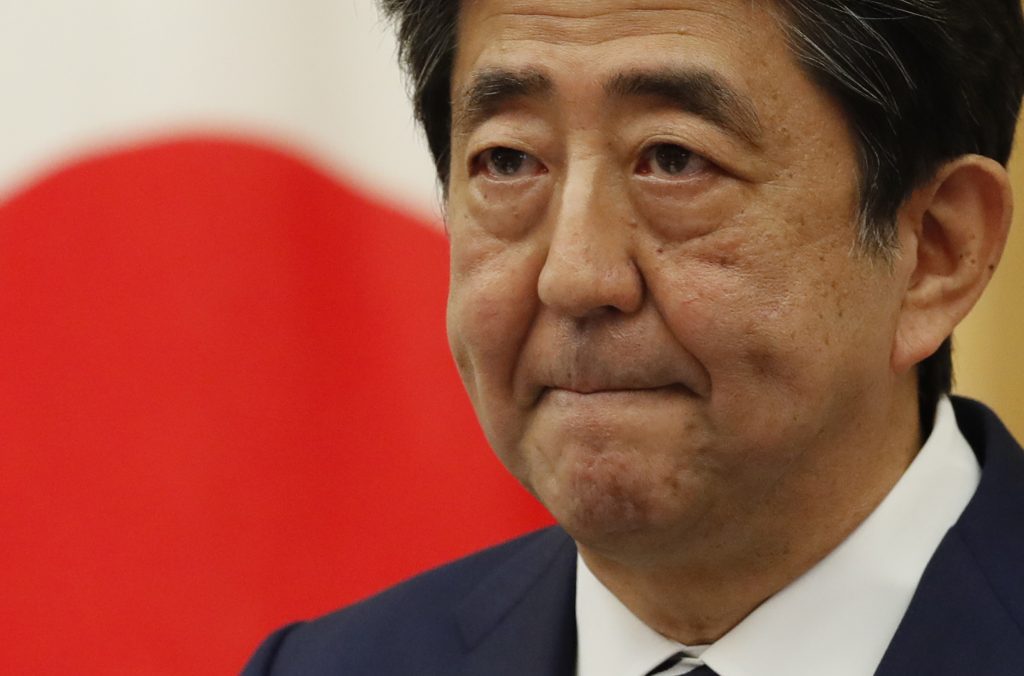
- ARAB NEWS
- 19 Apr 2024

TOKYO: Some in Japan’s government and ruling coalition believe that symptoms of Prime Minister Shinzo Abe’s ulcerative colitis, his chronic disease, are becoming serious.
Symptoms of his disease “seem to be serious,” a senior member of the ruling Liberal Democratic Party said Wednesday. Abe underwent an hour-long medical examination at a hospital in Tokyo on Monday.
While some people are advising Abe to be hospitalized for a while to recover his health, the prime minister is eager to continue his work.
After a three-day summer break, Abe resumed official duties on Wednesday afternoon. Upon arriving at the prime minister’s office, Abe said, “I took the medical checkup to ensure that I’m in good health,” adding, “I’m going back to work now and want to do my best.” He did not respond to a reporter who cited calls for him to take a rest.
Education minister Koichi Hagiuda asked the prime minister about his health when they met later in the day. In response, Abe said: “I’m fine. I want to take the lead with a sense of responsibility.”
Abe saw his ulcerative colitis worsen in summer 2007, when he was in his first tenure as prime minister. He resigned from the post in late September that year, due to the illness and following the LDP’s crushing defeat in the July 2007 election for the House of Councillors, the upper chamber of the Diet, Japan’s parliament.
Abe is refusing to take a long break because he still regrets the 2007 withdrawal, sources linked to the prime minister said, noting that Abe was criticized at the time for abandoning his duties.
But a government source said, “It is unclear whether Abe can make it through an extraordinary parliamentary session,” seen beginning this autumn. Ulcerative colitis often causes severe abdominal pain and diarrhea.
Some members of the ruling bloc are considering plans for Abe to be hospitalized and Deputy Prime Minister and Finance Minister Taro Aso to act as prime minister on behalf of Abe during his hospitalization.
An LDP executive said that Abe “should be hospitalized now and concentrate on treatment.”
A senior member of Komeito, the LDP’s coalition partner, called on Abe to stay at a hospital for about a week and come back after his condition improves.
JIJI Press